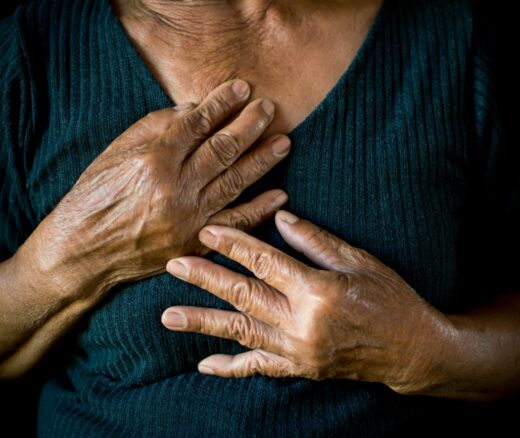
Black Older Adults With Cancer Are Far Less Likely to Get Any Care
New Study From LDI and MD Anderson Finds That Black and Low-Income, Dually Eligible Medicare Patients Are Among the Most Neglected in Cancer Care
Substance Use Disorder
News
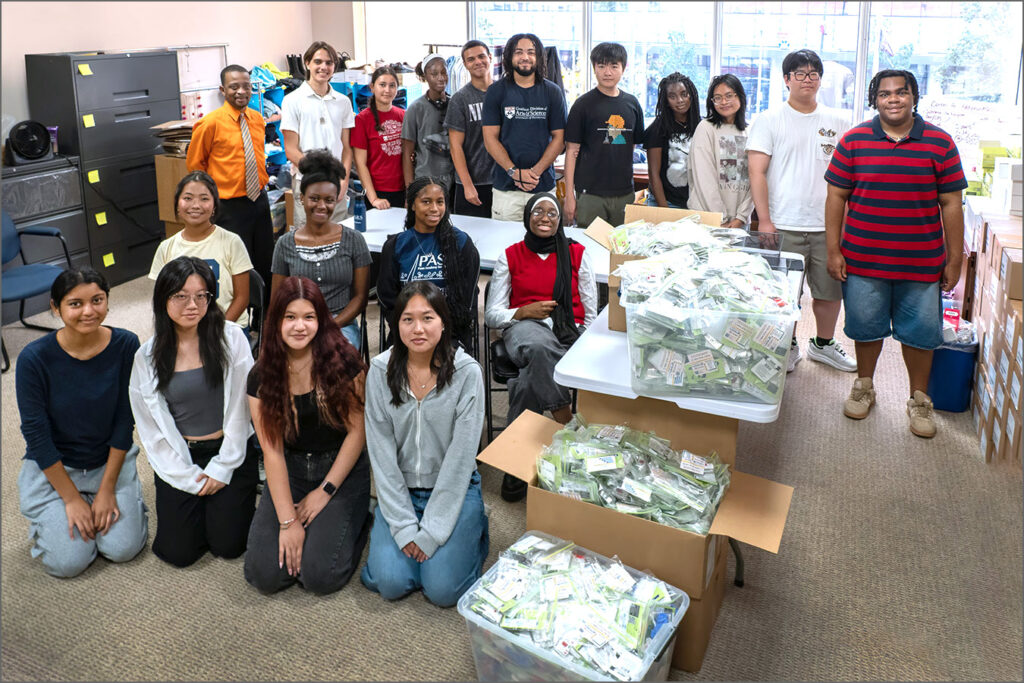
In a first-of-its-kind initiative in the region, Penn Medicine’s Center for Addiction Medicine and Policy (CAMP) and its Office of Outreach, Education, and Research (OER) launched a summer internship program that introduces high school students to the field of addiction medicine, research, and community outreach.
Similar programs exist at the Addiction Institute at the Mount Sinai Health System in New York and the National Institute on Drug Abuse (NIDA) in Bethesda, Maryland, but Penn’s effort marks the first opportunity of its kind in the Philadelphia region.
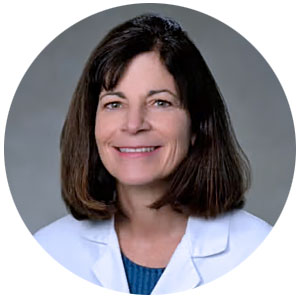
CAMP, founded in 2019 by LDI Senior Fellow Jeanmarie Perrone, MD, a Professor of Emergency Medicine at the Perelman School of Medicine, was shaped almost immediately by the COVID-19 pandemic. Originally designed to provide in-person peer support to emergency department patients with substance use disorder (SUD), the center was forced to adapt when lockdowns limited access to medication-assisted treatment (MAT) across the region.
After federal officials lifted restrictions that required in-person visits for MAT prescriptions, CAMP became a key on-ramp to Penn Medicine’s “Virtual MAT Bridge Clinic,” which allowed patients to complete all aspects of treatment through telemedicine.
Today, CAMP’s telehealth and outreach initiatives have grown into the CareConnect Warmline, a service that offers same-day buprenorphine initiation, real-time treatment navigation, harm reduction support, peer recovery specialists, and connections to housing, transportation, and employment. Staffed daily from 9 a.m. to 9 p.m. by Certified Recovery Specialists, the Warmline has become a critical resource for people seeking recovery.
In May testimony before a Philadelphia City Council hearing, Perrone stressed the importance of having trained professionals move out across the streets to directly connect with substance users.
“We must go to the people who need us most,” Perrone told council members of a U.S. city that has one of the country’s highest overdose death rates. “That’s the power of outreach—and it must be at the heart of Philadelphia’s strategy moving forward. Philadelphia’s crisis is driven not only by fentanyl but also by new adulterants like xylazine and medetomidine that heighten fear of treatment and perpetuate use. Outreach counters this by meeting people on sidewalks, in shelters, or through mobile vans, offering wound care, naloxone, and test strips while building trust that leads to sustained recovery.”
“Outreach is often the first and only point of contact for those disconnected from care,” Perrone continued. “Research shows patients reached through outreach are more likely to engage and stay in treatment. As a clinical extension of care, outreach saves lives, reduces emergency visits, and helps people stabilize medically and socially—but it requires sustained investment in staff, training, infrastructure, and cross-system coordination to succeed.”
With a focus on West Philadelphia, Perrone’s CAMP program has 15 recovery specialists who engage directly with the community, distributing naloxone, fentanyl and xylazine test strips, hygiene items, and snacks at SEPTA transit hubs and other locations—along with contact information for those interested in support for themselves or a family member or friend.
These addiction counselors also provide bedside consulting and emergency room support for SUD patients at the Hospital of the University of Pennsylvania, Cedar Avenue; Penn Presbyterian Medical Center; and Pennsylvania Hospital.
The OER program is an established Penn Perelman School of Medicine summer internship opportunity offering Philadelphia high school students a six-week paid position with hands-on experience in a wide range of biomedical laboratory and basic medical research skills, along with professional development and career exposure activities. This year, it extended its high school internships into the addiction medicine field through a collaboration with CAMP.
“Aside from being a pipeline to potential studies for higher degrees in this field, these internships at CAMP serve other purposes,” explained Nicole O’Donnell, who oversees CAMP’s CareConnect Warmline operations. “High schoolers face risks from substance use, making Narcan education and overdose prevention information critical. At parties in high school and college, students may encounter fake pills laced with fentanyl, leading to addiction or overdose. Or they may need safe spaces to ask for help for family members or friends who are struggling with substance use. Their early education in these areas through this internship program helps protect their future at the same time it potentially addresses the manpower needs in the substance use recovery field.”
In a November 2024 analysis, the Department of Health and Human Services’ Health Resources and Services Administration (HRSA) reported that the country already faces a 45 percent shortage of addiction counselors—about 114,000 fewer than needed—and this gap could swell to nearly 200,000 by 2037 if demand rises and access to care expands.
This is what the first annual CAMP/OER addiction medicine internship program looked like this summer:
CLICK IMAGES FOR LARGER
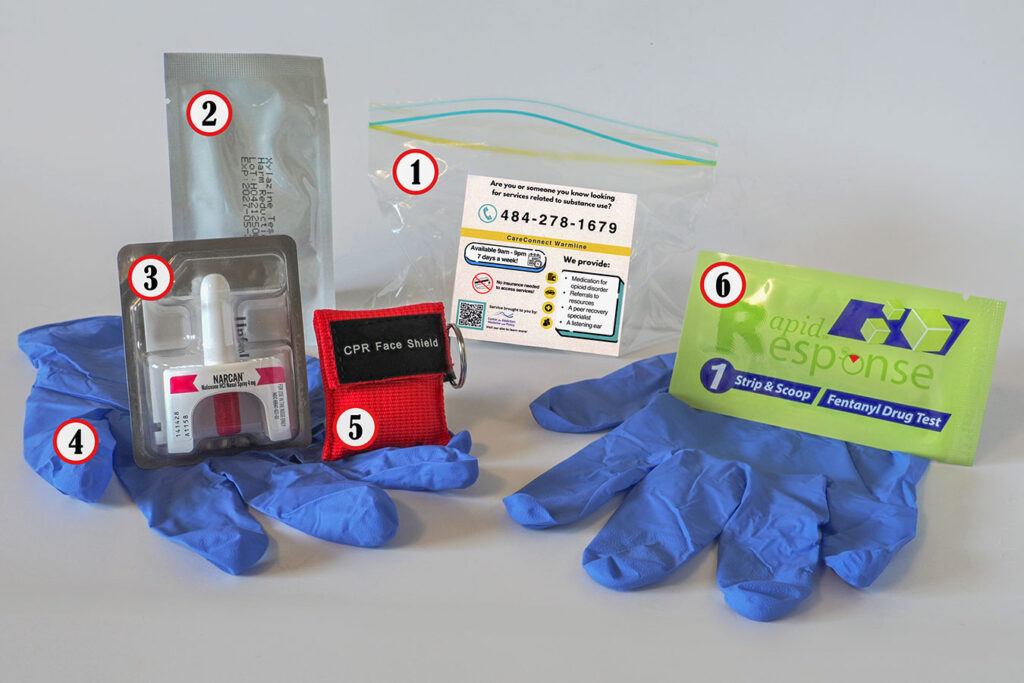
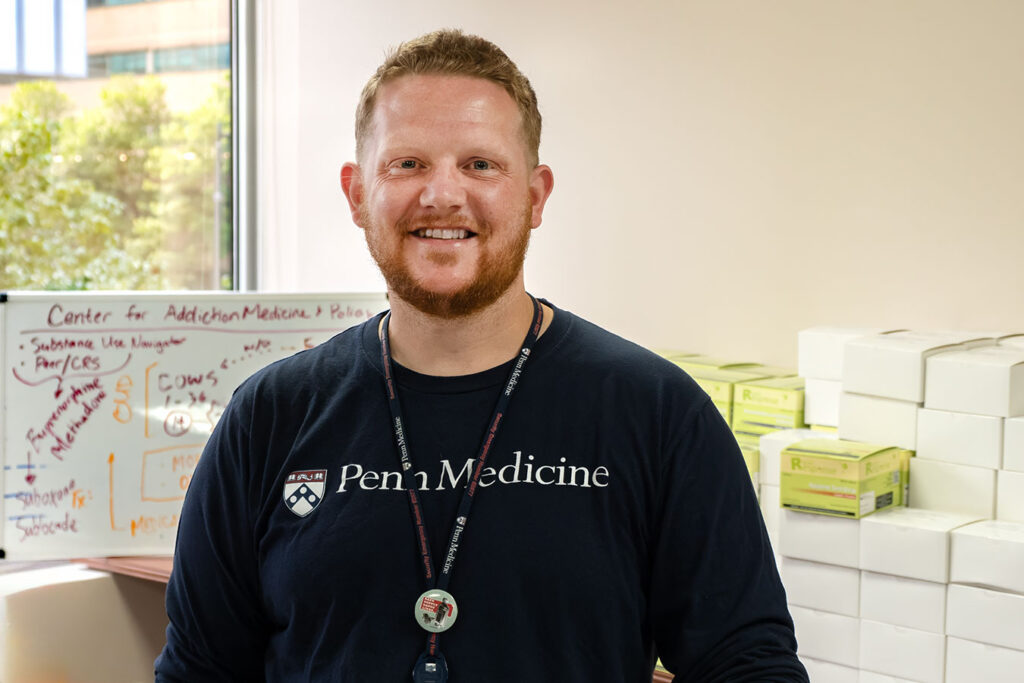
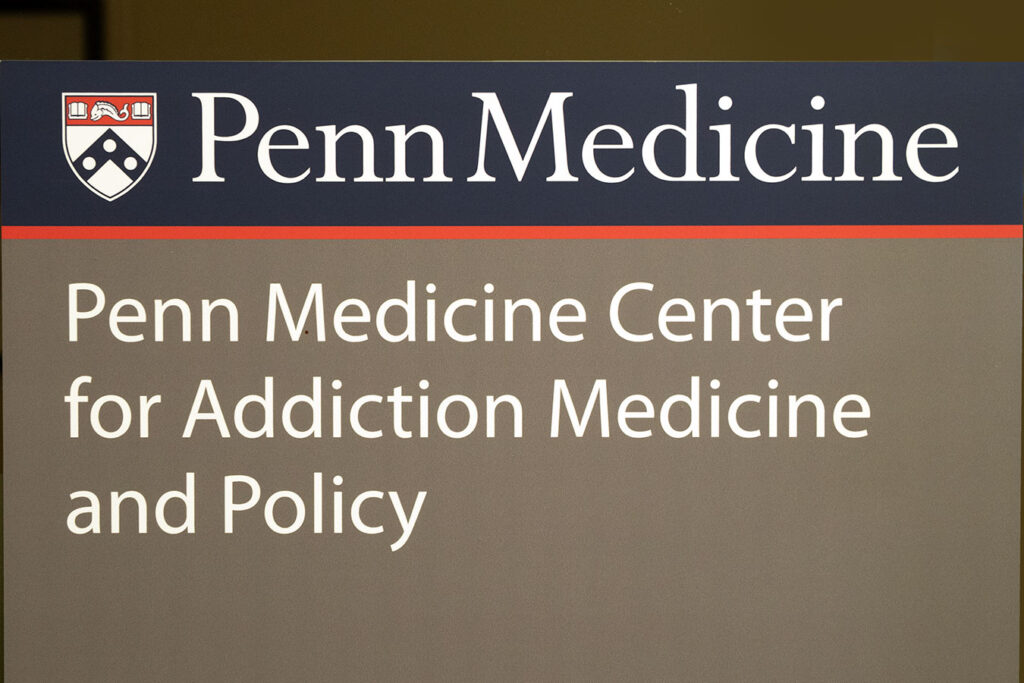
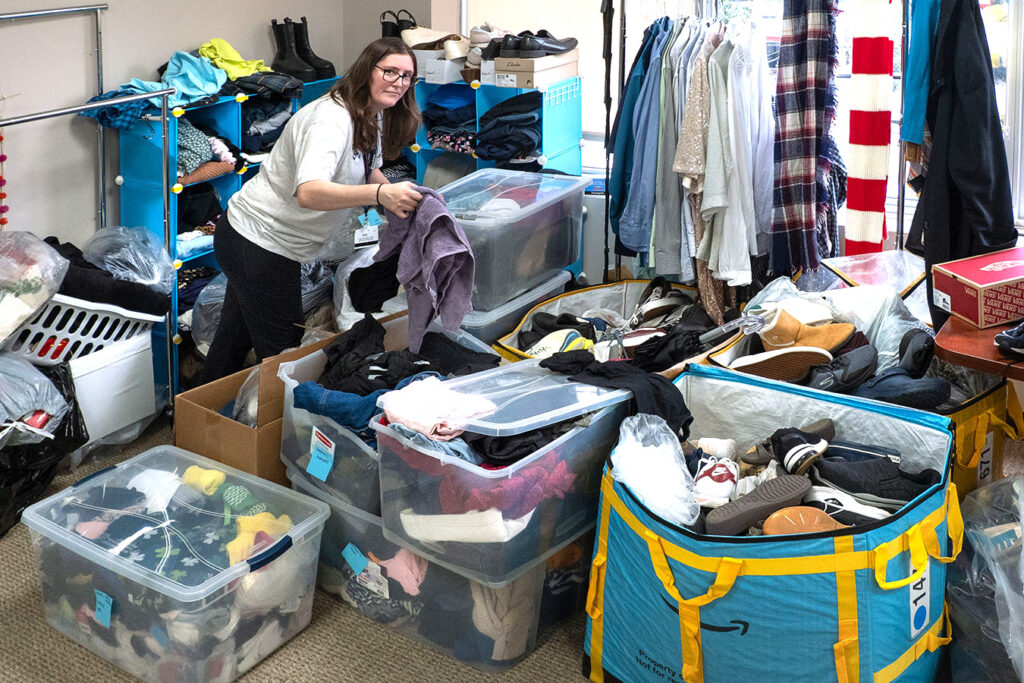
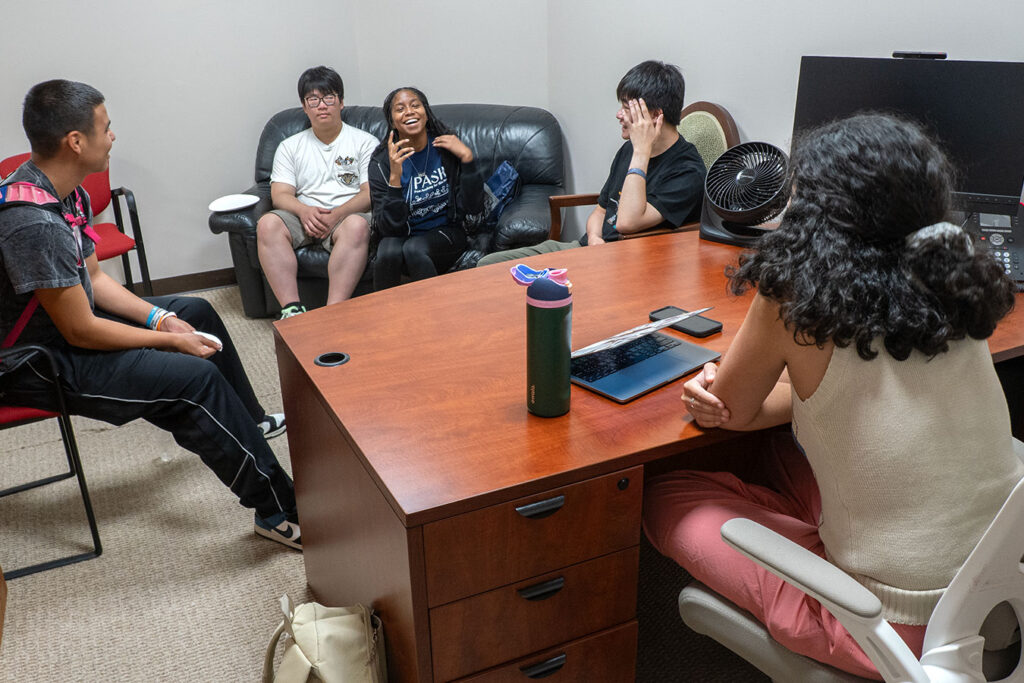
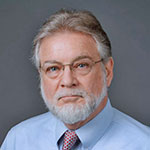

New Study From LDI and MD Anderson Finds That Black and Low-Income, Dually Eligible Medicare Patients Are Among the Most Neglected in Cancer Care

Her Transitional Care Model Shows How Nurse-Led Care Can Keep Older Adults Out of the Hospital and Change Care Worldwide
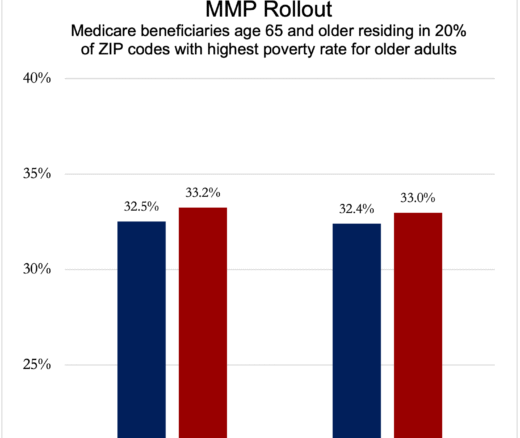
Chart of the Day: Medicare-Medicaid Plans—Created to Streamline Care for Dually Eligible Individuals—Failed to Increase Medicaid Participation in High-Poverty Communities
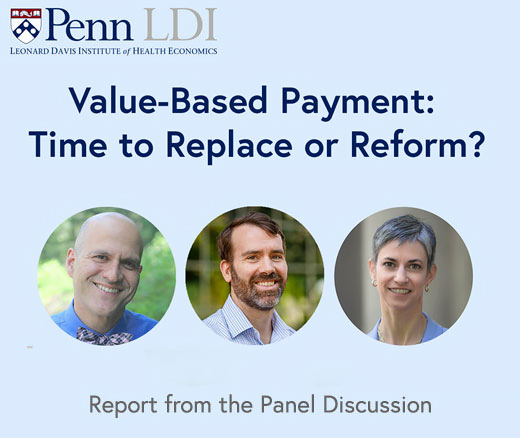
Penn LDI Debates the Pros and Cons of Payment Reform
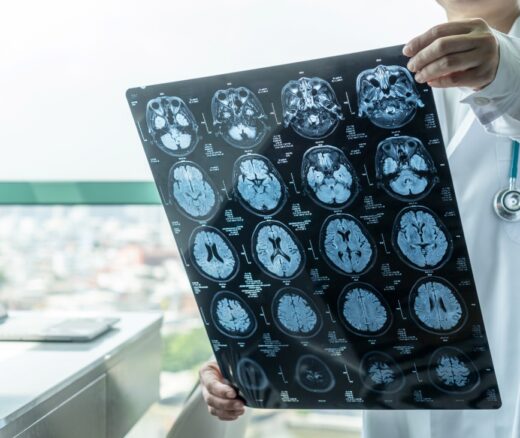
Direct-to-Consumer Alzheimer’s Tests Risk False Positives, Privacy Breaches, and Discrimination, LDI Fellow Warns, While Lacking Strong Accuracy and Much More
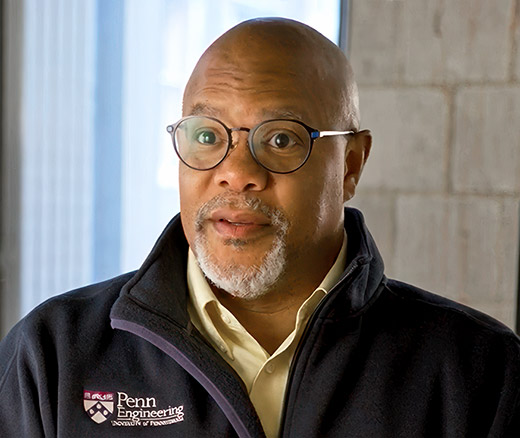
One of the Authors, Penn’s Kevin B. Johnson, Explains the Principles It Sets Out